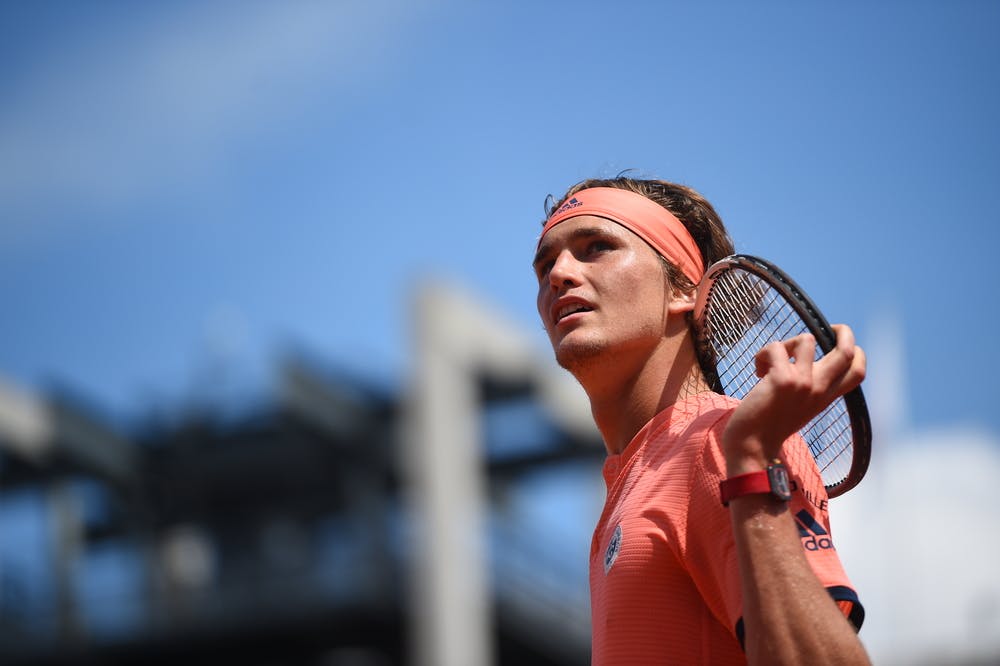It does not seem possible that a man – a world No.3 at that – who stands 1.98m (or 6ft 6ins if you prefer) could take baby steps. But that is exactly what Alexander (aka Sascha) Zverev has been doing on the Grand Slam circuit for the past couple of years.
He took so many of them at Roland-Garros that he eventually ran out of steam, losing to Dominic Thiem in the quarterfinals and winning only seven games as he did so. The spirit was willing but the body (or the hamstring, to be precise) was weak and in pain from the fourth game, he could not muster a decent challenge to the Austrian.
 ROLAND-GARROS
18 May - 7 June 2026
ROLAND-GARROS
18 May - 7 June 2026


